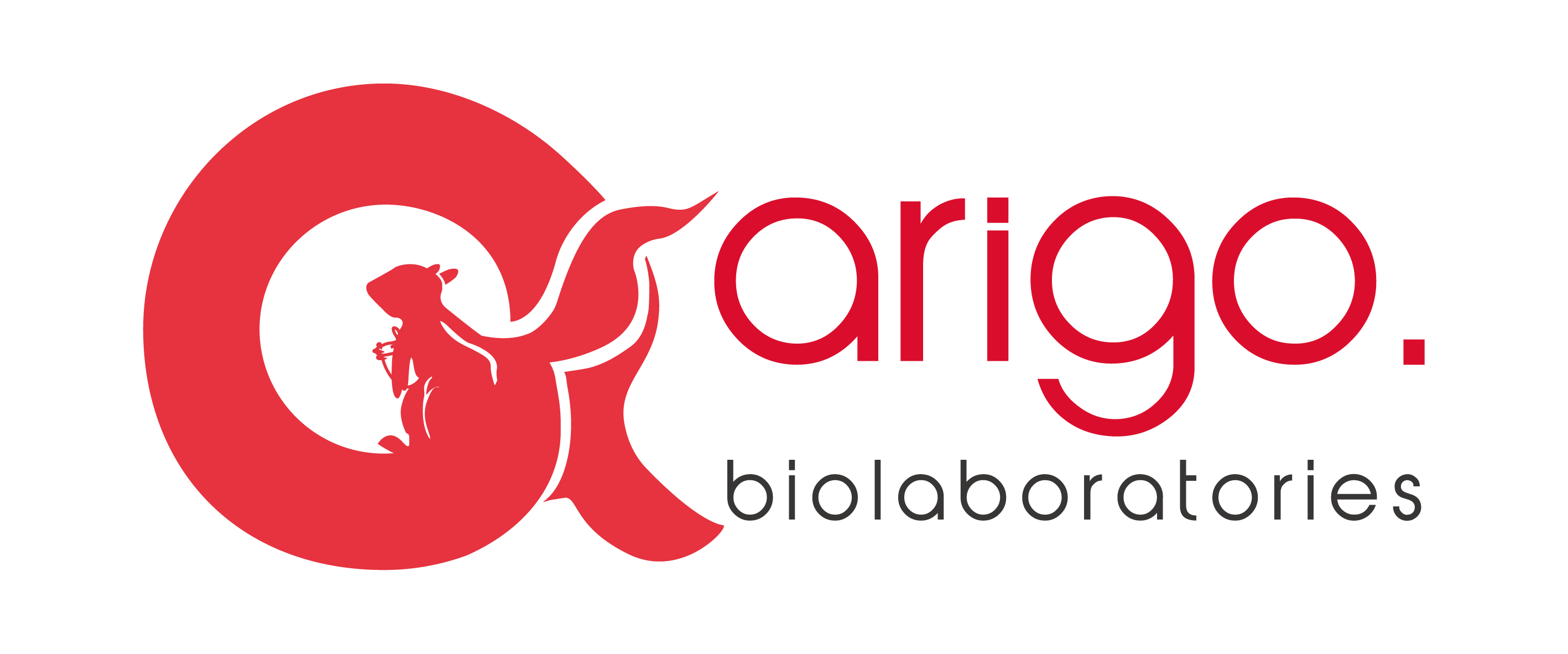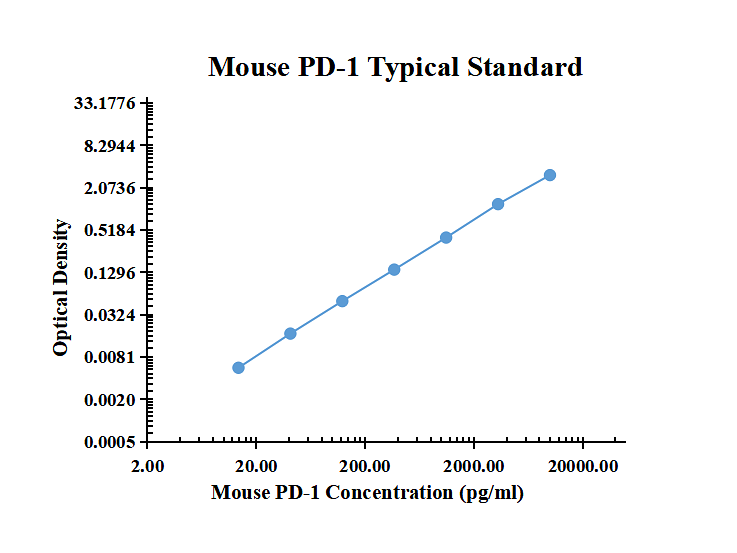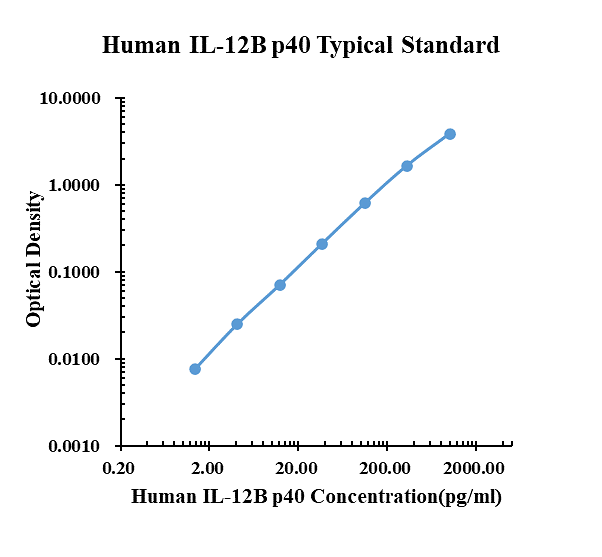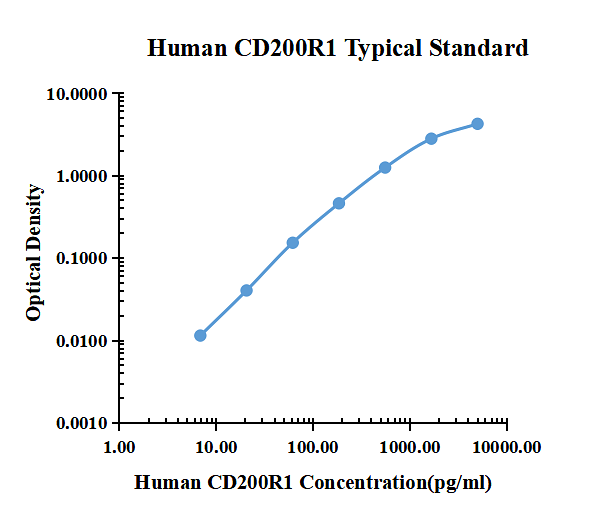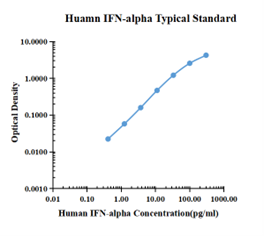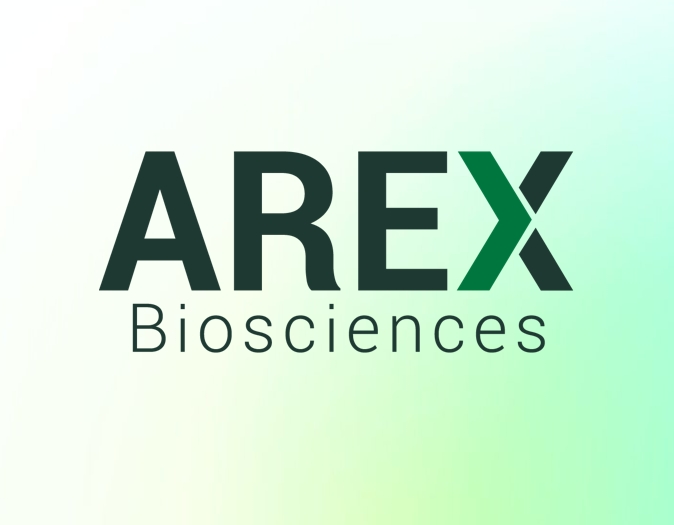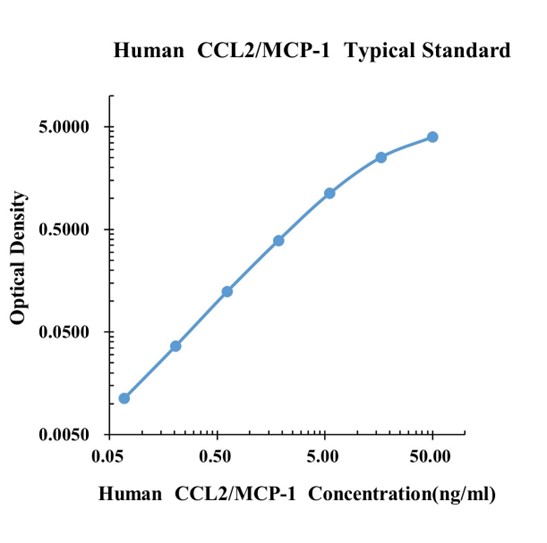anti-CD98 antibody [H202-529.4.1.4]
CAT.NO. : ARG23980
US$ Please choose
US$ Please choose
Size:
Trail, Bulk size or Custom requests Please contact us
概述
| 产品描述 | Rat Monoclonal antibody [H202-529.4.1.4] recognizes CD98 |
|---|---|
| 反应物种 | Ms |
| 应用 | FACS |
| 宿主 | Rat |
| 克隆 | Monoclonal |
| 克隆号 | H202-529.4.1.4 |
| 同位型 | IgG1 |
| 靶点名称 | CD98 |
| 抗原物种 | Mouse |
| 抗原 | Thymic epithelial cells from mouse. |
| 偶联标记 | Un-conjugated |
| 別名 | MDU1; 4T2HC; CD98; 4F2hc; 4F2 cell-surface antigen heavy chain; CD98HC; 4F2HC; NACAE; Solute carrier family 3 member 2; CD antigen CD98; 4F2 heavy chain antigen; Lymphocyte activation antigen 4F2 large subunit; 4F2 |
应用说明
| 应用建议 |
| ||||
|---|---|---|---|---|---|
| 应用说明 | FACS: Use 10 µl of the suggested working dilution to label 1x10^6 cells in 100 µl. * The dilutions indicate recommended starting dilutions and the optimal dilutions or concentrations should be determined by the scientist. |
属性
| 形式 | Liquid |
|---|---|
| 纯化 | Purification with Protein G. |
| 缓冲液 | PBS and 0.09% Sodium azide. |
| 抗菌剂 | 0.09% Sodium azide |
| 浓度 | 1 mg/ml |
| 存放说明 | For continuous use, store undiluted antibody at 2-8°C for up to a week. For long-term storage, aliquot and store at -20°C or below. Storage in frost free freezers is not recommended. Avoid repeated freeze/thaw cycles. Suggest spin the vial prior to opening. The antibody solution should be gently mixed before use. |
| 注意事项 | For laboratory research only, not for drug, diagnostic or other use. |
生物信息
| 数据库连接 | Swiss-port # P10852 Mouse 4F2 cell-surface antigen heavy chain |
|---|---|
| 基因名称 | SLC3A2 |
| 全名 | solute carrier family 3 (amino acid transporter heavy chain), member 2 |
| 背景介绍 | This gene is a member of the solute carrier family and encodes a cell surface, transmembrane protein. The protein exists as the heavy chain of a heterodimer, covalently bound through di-sulfide bonds to one of several possible light chains. The encoded transporter plays a role in regulation of intracellular calcium levels and transports L-type amino acids. Alternatively spliced transcript variants, encoding different isoforms, have been characterized. [provided by RefSeq, Nov 2010] |
| 生物功能 | Required for the function of light chain amino-acid transporters. Involved in sodium-independent, high-affinity transport of large neutral amino acids such as phenylalanine, tyrosine, leucine, arginine and tryptophan. Involved in guiding and targeting of LAT1 and LAT2 to the plasma membrane. When associated with SLC7A6 or SLC7A7 acts as an arginine/glutamine exchanger, following an antiport mechanism for amino acid transport, influencing arginine release in exchange for extracellular amino acids. Plays a role in nitric oxide synthesis in human umbilical vein endothelial cells (HUVECs) via transport of L-arginine. Required for normal and neoplastic cell growth. When associated with SLC7A5/LAT1, is also involved in the transport of L-DOPA across the blood-brain barrier, and that of thyroid hormones triiodothyronine (T3) and thyroxine (T4) across the cell membrane in tissues such as placenta. Involved in the uptake of methylmercury (MeHg) when administered as the L-cysteine or D,L-homocysteine complexes, and hence plays a role in metal ion homeostasis and toxicity. When associated with SLC7A5 or SLC7A8, involved in the cellular activity of small molecular weight nitrosothiols, via the stereoselective transport of L-nitrosocysteine (L-CNSO) across the transmembrane. Together with ICAM1, regulates the transport activity LAT2 in polarized intestinal cells, by generating and delivering intracellular signals. When associated with SLC7A5, plays an important role in transporting L-leucine from the circulating blood to the retina across the inner blood-retinal barrier. [UniProt] |
| 细胞定位 | Apical cell membrane. Melanosome. Note=Identified by mass spectrometry in melanosome fractions from stage I to stage IV. Localized to the plasma membrane when associated with SLC7A5 or SLC7A8. Localized to the placental apical membrane. Located selectively at cell-cell adhesion sites. Colocalized with SLC7A8/LAT2 at the basolateral membrane of kidney proximal tubules and small intestine epithelia. Expressed in both luminal and abluminal membranes of brain capillary endothelial cells. [UniProt] |
| 预测分子量 | 68 kDa |
| 翻译后修饰 | Phosphorylation on Ser-406; Ser-408 or Ser-410 and on Ser-527 or Ser-531 by ecto-protein kinases favors heterotypic cell-cell interactions. [UniProt] |
 New Products
New Products




![anti-CD98 antibody [H202-529.4.1.4]](/upload/image/products/ARG23980_FACS_1_210_205.jpg)
![anti-CD98 antibody [H202-529.4.1.4]](/upload/image/products/ARG23980_FACS_1.jpg)
